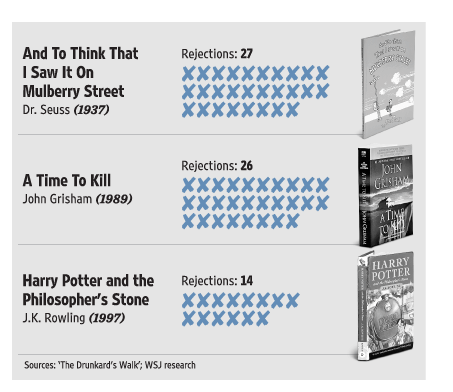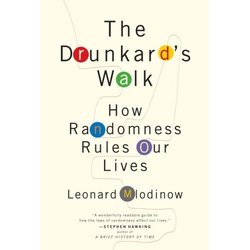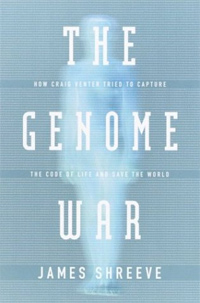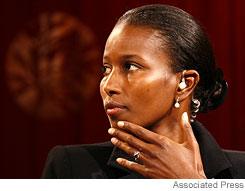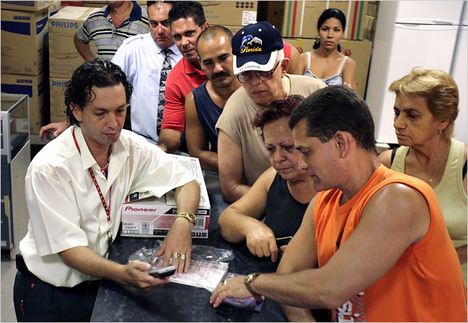In one of his more famous, and outrageous, essays, George Stigler argued that economists do not matter, because changes in policy do not arise from changes in ideas, but from changing circumstances and special interests.
One of the cases that he briefly mentions is the repeal of the English Corn Laws that had restricted the importation of wheat (in England “corn” is what we call “wheat) into Britain. The usual account is that the free market arguments of Cobden and Bright made the difference.
The account quoted below, might be taken as support for Stigler’s position. But it might also be evidence for the more optimistic position of Stigler’s buddy, Milton Friedman. Friedman held that on major issues, economists’ policy proposals go ignored until some crisis occurs that sends the politicians looking for policy alternatives. (Friedman thought that this is what occurred in the case of his own proposal for floating exchange rates.)
(p. A23) THE feast of Ireland’s patron saint has always been an occasion for saluting the beautiful land “where the praties grow,” but it’s also a time to look again at the disaster that established around the world the Irish communities that today celebrate St. Patrick’s Day: the Great Potato Famine of 1845-6. In its wake, the Irish left the old country, with more than half a million settling in United States. The famine and the migrations changed Irish and American history, of course, but they drastically changed Britain too.
. . .
The first intimations of Ireland’s looming calamity reached the British government in August 1845. Although Britain was responsible for the social and economic iniquities which had made Ireland so susceptible, the government of the day deserves some credit for its efforts to avert mass starvation. There were political as well as logistical difficulties.
. . .
To Peel it was obvious that the Corn Laws would have to go, but his electorate of large landowners was vehemently opposed to their abolition. The Duke of Wellington, leader of the House of Lords, complained that Ireland’s “rotten potatoes have done it all — they put Peel in his damned fright.” Peel drew heavily on the news from Ireland as he urged Parliament to vote for abolition:
“Are you to hesitate in averting famine which may come, because it possibly may not come? Are you to look to and depend upon chance in such an extremity? Or, good God! are you to sit in cabinet, and consider and calculate how much diarrhea, and bloody flux, and dysentery, a people can bear before it becomes necessary for you to provide them with food?”
The bill abolishing the Corn Laws was passed in May 1846 in the House of Commons, with two-thirds of Peel’s party voting against it and the entire opposition voting in favor. A month later, Peel was out of office.
. . .
. . . Ireland’s famine, by ending the Corn Laws, prompted the beginning of the free trade that established the success of Britain’s industrial economy.
For the full commentary, see the article referenced immediately below, or see his forthcoming book Propitious Esculent: The Potato in World History:
JOHN READER. “The Fungus That Conquered Europe.” The New York Times (Mon., March 17, 2008): A23.
(Note: ellipses added.)
The Stigler essay mentioned above is:
Stigler, George J. “Do Economists Matter?” Southern Economic Journal 42, no. 3 (1976): 347-54.
(I will try to dig out a reference for the Friedman position when I have more time.)

